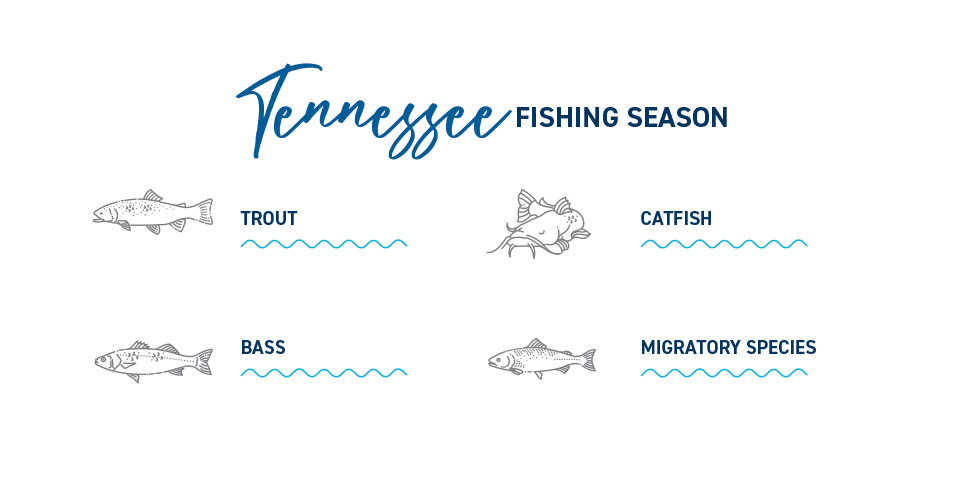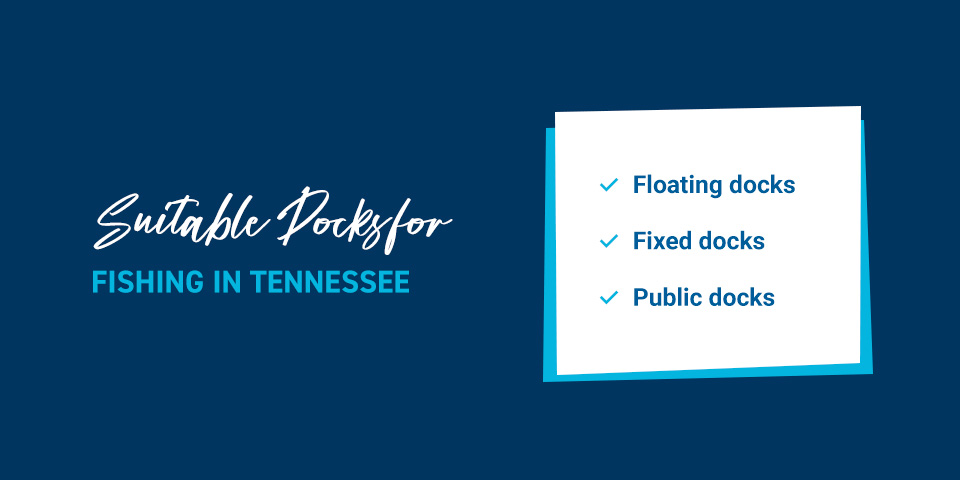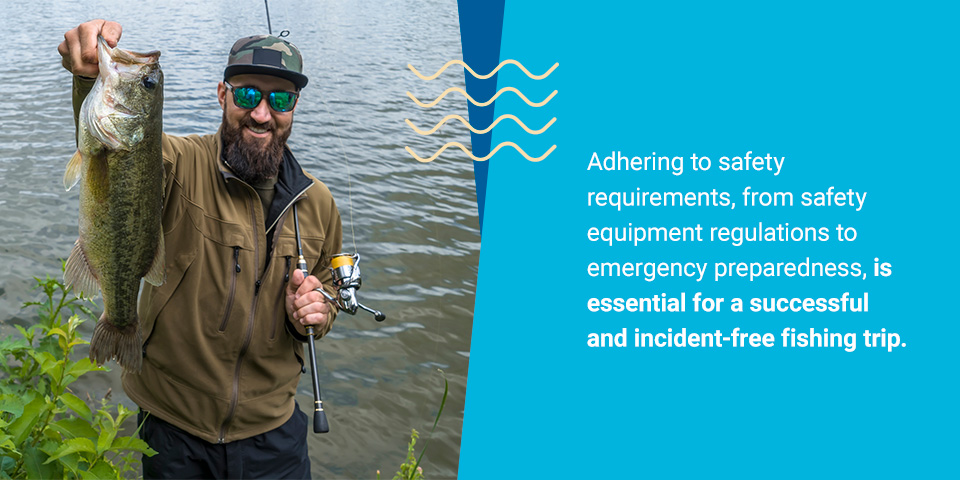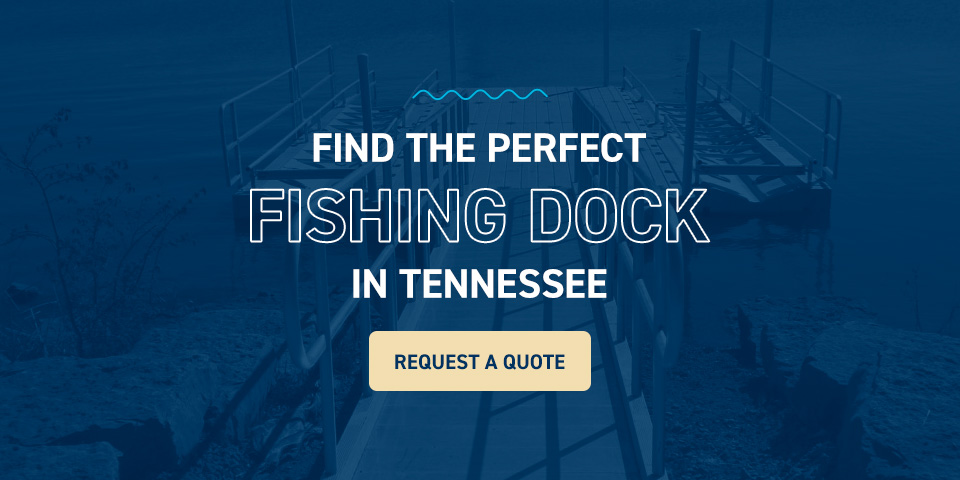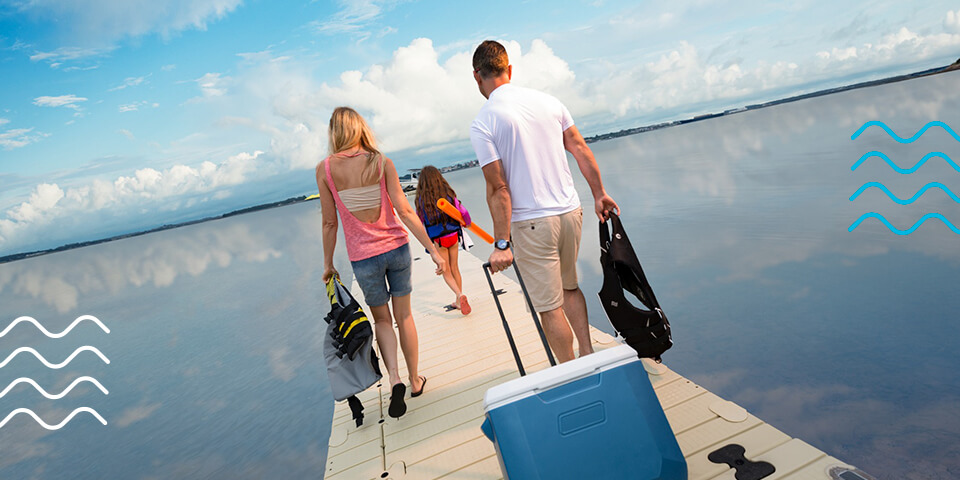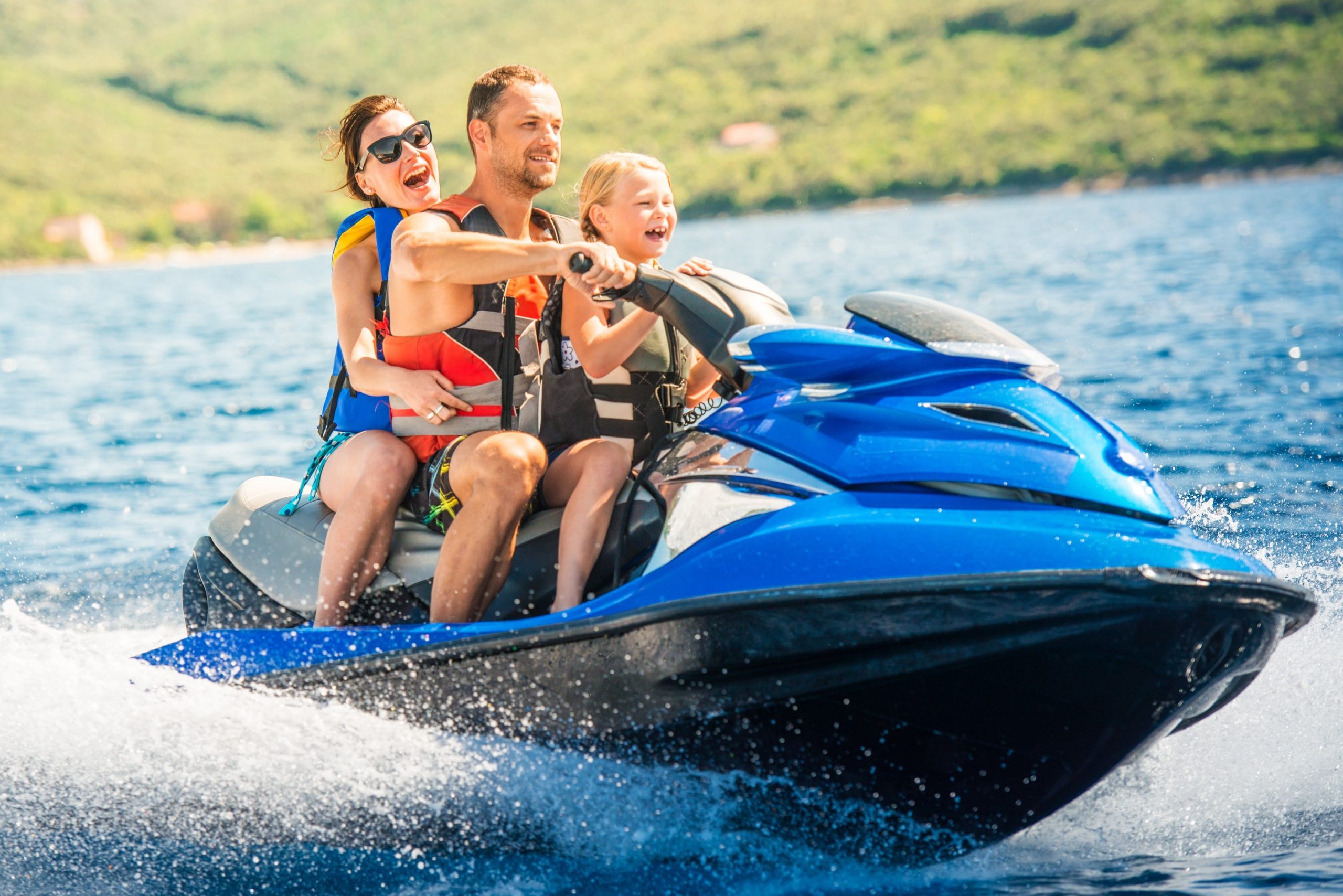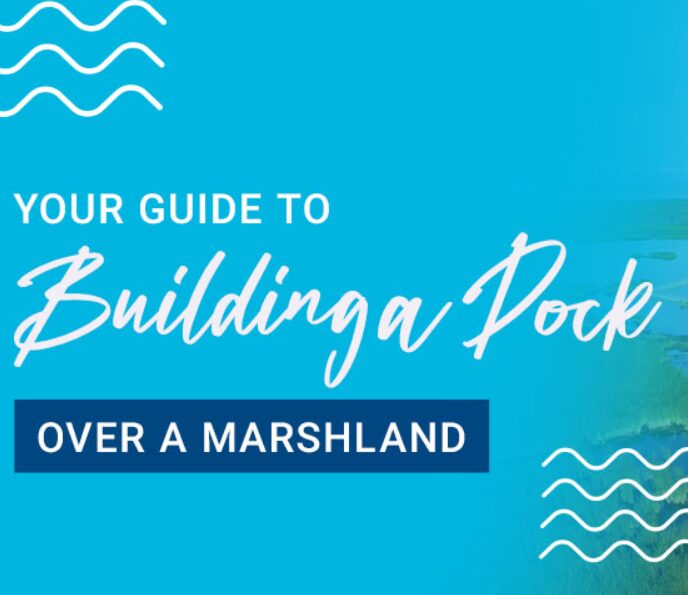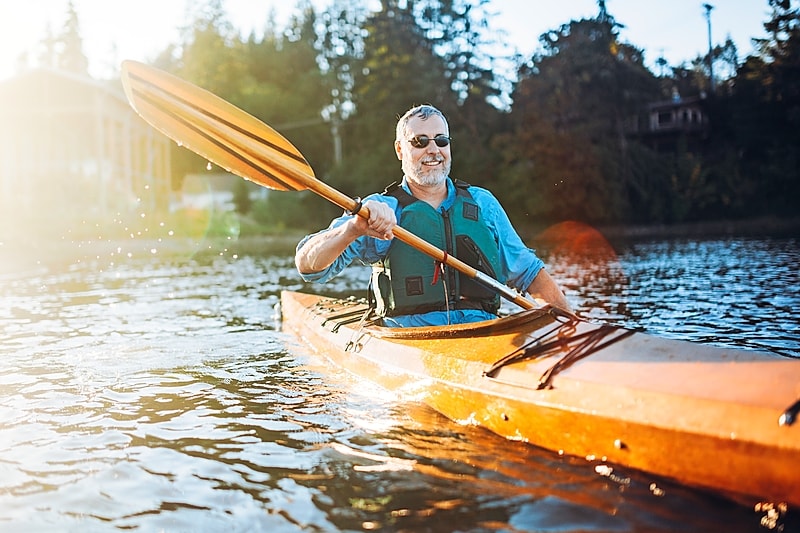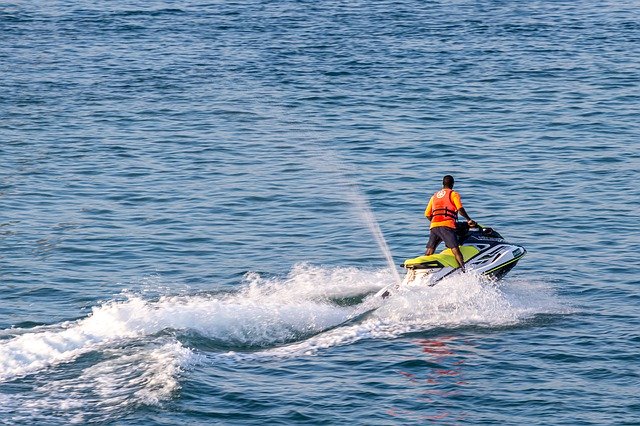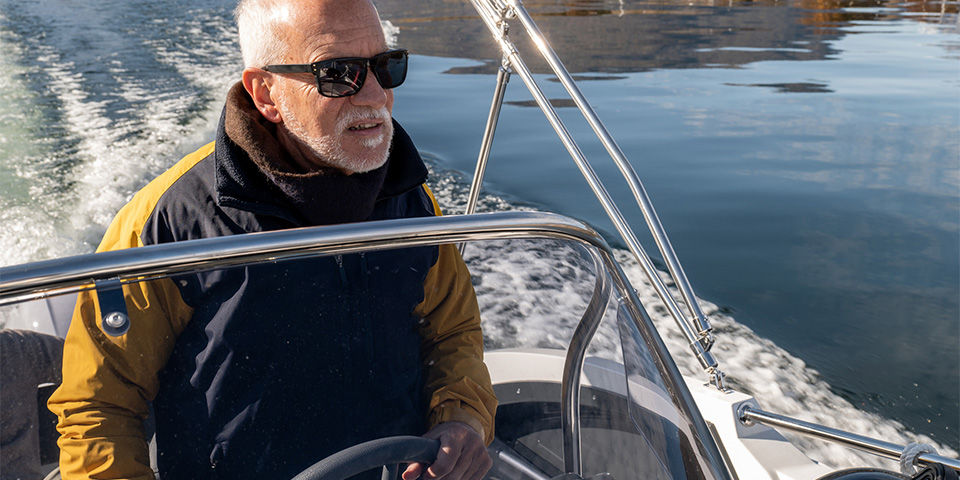Filters
Fishing Regulations in Tennessee: What Every Angler Should Know
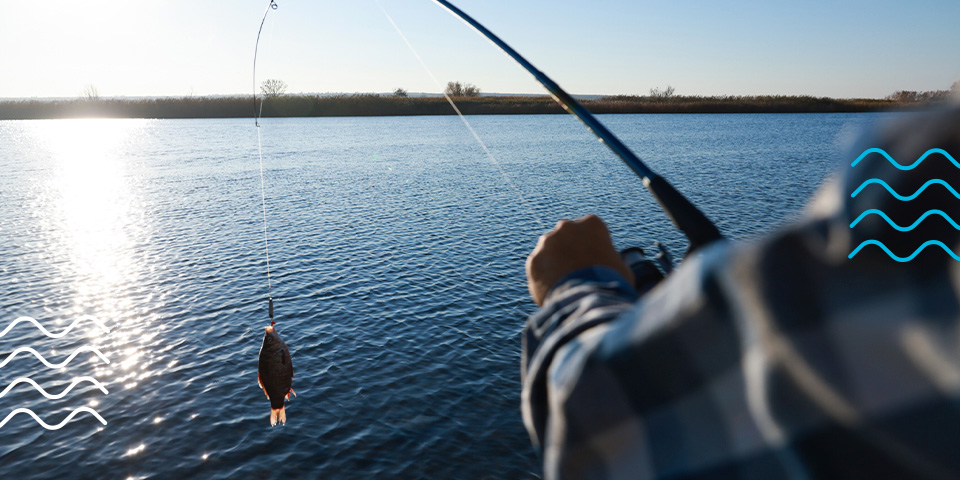
Fishing in Tennessee offers anglers opportunities to enjoy diverse aquatic ecosystems, from the Tennessee River to the Great Smoky Mountain streams. The state is governed by comprehensive regulations designed to protect fish populations, ensure public safety and promote sustainable practices. Beyond the equipment and regulations, safety and environmental stewardship are paramount. These elements create a sustainable and enjoyable fishing culture in lakes, rivers and streams.
Whether you are fishing from a dock, a boat or the shoreline, you must understand Tennessee fishing rules, licensing requirements, seasonal restrictions and the importance of environmental stewardship. Insight into these interconnected factors is essential if you are going to make the most of the state’s fishing opportunities.
Overview of Fishing Regulations in Tennessee
The Tennessee Wildlife Resources Agency (TWRA) enforces specific fishing regulations to protect fish populations and ensure sustainable fishing. Here is an overview of the key rules, addressing licensing requirements, seasonal restrictions, specific limits and special provisions. The TWRA publishes an annual fishing guide with the most recently updated regulations. Note that local laws may supersede statewide rules.
Licensing Requirements
Individuals aged 13 and older must have a valid Tennessee fishing license to fish in public waters. However, Tennessee residents aged 65 and older may qualify for a reduced fee or lifetime senior license. Even landowners who want to fish on their own property must have a fishing license. Annual licenses and permits expire one year from the purchase date, and you have 10 days within the expiration date to renew your existing license.
There are a few different types of licenses you can purchase online through the TWRA website, at local retailers or via the TWRA mobile app:
- Resident licenses: These licenses include a standard fishing license and options for combination hunting and fishing permits. The costs can range from $6.50 up to $1,976 for a lifetime sportsman license.
- Non-resident licenses: Visitors to the state can purchase daily, annual or trip-specific licenses for fishing all species. An annual license costs between $11 and $99.
- Special licenses: Both residents and non-residents require a trout permit to fish in dedicated trout waters. These permits cost between $3.50 and $48, depending on the permit’s validity period.
- Licensing exemptions: Residents fishing on their own property, children under 13, and certain disabled individuals are exempt from licensing.
- North Carolina (NC) fishing license: Thanks to a reciprocal license agreement between these two states, fishing in Tennessee with an NC fishing license is permitted.
Seasonal Regulations
Tennessee’s fishing seasons vary depending on the location and species. The state enforces seasonal closures to protect fish during spawning periods, including:
- Trout: Stocked trout waters often have specified open and closed seasons. Some waters are open year-round, while others may close to protect the fish hatchery during spawning.
- Bass: Certain reservoirs have closed seasons for specific bass species, such as smallmouth bass, to ensure population stability.
- Catfish: Catfish and crappie are generally open year-round, but anglers should check reservoir-specific guidelines.
- Migratory species: Anglers targeting migratory species like paddlefish may face limited harvest windows. Check the TWRA’s seasonal updates to ensure compliance and avoid fines.
Size and Creel Limits
Size and creel limits are in place to prevent overharvesting and to maintain balanced fish populations. These limits vary by species and waterbody:
- Bass: Most bass species have a five-fish daily limit per person. Generally, most reservoirs have no minimum length limits, with some exemptions at places like Dale Hallow Lake, where you have a slot limit of 16 to 21 inches on smallmouth bass.
- Crappie: Crappies have a daily creel limit of 15 fish, depending on the location. If you are angling for catfish, you are limited to one fish over 34 inches a day, with no limit on smaller fish.
- Trout: The standard daily limit is seven fish, with a few waters implementing stricter rules, like Boone Dam, where only one trout can be larger than 22 inches.
- Muskellunge: The size limit on Muskellunge is 36 inches statewide, with a creel limit of one per person.
- Paddlefish: Due to their vulnerability, paddlefish are highly regulated, with a strict season, limited permits and size limits. These fish have slow reproduction and habitat sensitivity that can disrupt spawning.
Special Regulations
Some waters in Tennessee require additional compliance measures as they are classified as managed or restricted areas. These include Wildlife Management Areas (WMAs) and designated trout waters like the Caney Fork River, which often require both a basic fishing license and a trout permit.
Certain areas, such as portions of the Hiwassee River, mandate catch-and-release fishing for specific species. Some waters also have gear restrictions, prohibiting the use of live bait or certain lures. Delayed Harvest Areas often restrict tackle to single-hook artificial lures.
A statewide hook restriction also limits anglers to a maximum of three hooks per hand-held line, rod or pole. This law does not apply when you are using a piscator rig or sabiki rig to catch herring or shad.
Suitable Docks for Fishing in Tennessee
Tennessee’s diverse waterways, including its reservoirs, rivers and lakes, offer unparalleled fishing opportunities. Public and private docks play a vital role in enhancing accessibility and the fishing experience. The type of dock you choose significantly affects your fishing experience. In Tennessee, docks are commonly found on both public and private lakefronts, each serving unique purposes. The key factors to consider are accessibility, stability and the overall fishing environment:
- Floating docks: Floating docks are particularly well-suited for waterways where water levels can fluctuate significantly due to seasonal rains, dam operations and droughts. They rise and fall with the water, maintaining consistent usability and reducing the risk of submersion or disrepair.
- Fixed docks: Fixed docks are a traditional choice for private lakefronts but can become unusable during droughts or fluctuating water levels, as they do not adjust with the waterline. These docks are inherently stable and offer good fishing.
- Public docks: Public docks, often fixed docks, are strategically placed near parking areas and ramps, ensuring easy access for anglers of all skill levels. Many are also accessible according to the Americans with Disabilities Act (ADA).
Location Considerations
When installing fishing docks, it’s important to consider their proximity to areas known for abundant fish populations, like reservoirs and rivers. Locations like Dale Hollow Lake, Chickamauga Lake and Kentucky Lake are prime bass and crappie fishing spots. Docks near submerged structures, drop-offs or vegetation beds can also improve fishing success.
Positioning docks near eddies or slow-moving stretches on rivers like the Tennessee or Clinch can give you access to species like catfish and smallmouth bass. Alternatively, place your dock in an area with access to deeper waters for year-round success. These deeper zones remain productive during summer and winter when fish retreat to cooler, more stable environments.
EZ Dock Products for Fishing
EZ Dock systems are made from durable polyethylene, which resists corrosion, cracking and warping. Our floating docks can also be extended into deeper water more easily than their fixed counterparts, ensuring versatility in site selection. These docks are also ADA accessible, ensuring everyone can enjoy a day on the lake.
You can also outfit EZ Dock systems with rod holders, benches and even kayak launches to accommodate various fishing styles.
Safety Requirements for Fishing
Fishing in Tennessee offers a plethora of enjoyment and tranquility, but it also comes with responsibilities to ensure everyone’s well-being. Adhering to safety requirements, from safety equipment regulations to emergency preparedness, is essential for a successful and incident-free fishing trip.
Safety Equipment Regulations
The law requires anglers and those operating fishing boats in Tennessee to follow strict safety equipment regulations to minimize risks on the water. These mostly relate to fishing on a vessel and include:
- Personal flotation device (PFD): Each person aboard a vessel must have a U.S. Coast Guard-approved PFD readily accessible. Children 12 and younger must wear a PFD at all times.
- Navigation lights: Boats operating between sunset and sunrise must use running lights to prevent collisions.
- Fire extinguishers: All motorized vessels must carry an operational fire extinguisher.
- Sound signals: Each vessel must have a whistle, horn or similar device to use during emergencies.
- First aid kits: A comprehensive kit for vessels or dock-based fishing is recommended. It should include bandages, antiseptics and tools for treating minor injuries, such as cuts from hooks or fishing lines.
Emergency Preparedness
Fishing, especially in remote areas or during inclement weather, requires careful planning to handle potential emergencies:
- Weather awareness: Check the forecasts before heading out and monitor updates. If you hear thunder, seek shelter immediately and avoid holding metal objects like fishing rods during lightning storms.
- Communication devices: Ensure your phone or marine radio is fully charged, and share your fishing plan with friends or family, including location and estimated return time.
- Water safety: If you are fishing in reservoirs like Norris Lake during early spring or late fall, wear layered, water-resistant clothing, as hypothermia is a serious risk during these seasons.
EZ Dock Safety Features
Installing or using a dock can enhance your experience by providing convenience, better access to fish-rich areas and a stable platform for casting. EZ Dock is designed with safety in mind, offering unique features that address common hazards associated with fishing docks:
- Slip-resistant surfaces: The nonslip surfaces of these high-quality floating docks enhance safety for those carrying fishing gear or bait.
- Low maintenance: The durable polyethylene construction resists cracking and warping, ensuring your dock remains safe and functional over time.
- Safety railings: You can add additional safety features like anchoring, aluminum gangways, security curbing, polyethylene posts for handrails and various types of railings to suit your docking needs.
Environmental Considerations and Conservation
The TWRA enforces environmental regulations and promotes conservation to ensure future generations can enjoy fishing in the many waterways across Tennessee for generations to come. These include aquatic habitat preservation by restoring over 60,000 miles of rivers and streams across the state. Efforts extend to improving water quality by minimizing pollution from agricultural runoff, litter and boat fuel spills, removing invasive species like Asian carp, and protecting endangered species while preventing overfishing.
Best Practices for Responsible Fishing
Conservation is a shared responsibility among anglers, regulators and waterfront property owners. Contribute to these efforts by following fishing best practices and supporting responsible fishing:
- Anglers must follow catch-and-release guidelines in designated areas to protect vulnerable aquatic life.
- In catch-and-release situations, use circle or barbless hooks to minimize injury to fish.
- Use designated recycling bins to dispose of fishing lines and tackle.
- Carry out all litter, including bait containers, food wrappers and plastic bags.
- Avoid fishing in areas with fragile vegetation, as these zones often serve as spawning grounds for juvenile fish.
- If you are in a boat or kayak, be cautious near shallow waters to prevent damage to aquatic plants.
How EZ Dock Supports Conservation
EZ Dock is designed to minimize environmental impact, an important consideration for anglers who care about preserving aquatic ecosystems. Our systems use durable materials and eliminate the need for harmful chemicals like paint, varnish or wood preservatives. This dock material characteristic reduces pollution and helps to protect water quality.
The modular design of EZ Dock systems minimizes aquatic habitat disruption, as it requires minimal construction. Additionally, their long life span reduces waste and, by extension, the dock system’s environmental footprint. EZ Dock platforms are also customizable. You can add features like storage bins and recycling bins to minimize waste and safely store fishing gear on private waterfront property.
Find the Perfect Fishing Dock in Tennessee
By adhering to Tennessee’s fishing regulations, anglers contribute to the long-term fish population health while enjoying some of the best fishing spots in the country. With a clear understanding of licensing, seasons and special rules, you can ensure a successful and lawful time on the water. Docks play a crucial role in accessibility and enjoyment, especially for anglers with disabilities or those fishing with children. Floating docks, in particular, are a practical choice for the state’s varied aquatic environments.
EZ Dock systems are designed with anglers in mind. They offer stable surfaces with customizable modular components so you can create the perfect fishing platform. They are the best investment you will make in your waterfront property, giving you design flexibility while maintaining strength and durability even in harsh weather conditions. We make all our roto-molded products in the USA. We have been a pioneer in the industry for over 26 years, and our team is happy to assist you in finding the best components for your new floating dock.
Request a quote today and get ready to up your fishing game.

